AMD Radeon RX 480 Graphics Card Roundup
Introduction & Overview
Why you can trust Tom's Hardware
AMD's Radeon RX 480 launched last June (if you missed our in-depth AMD Radeon RX 480 8GB Review, be sure to check it out). In the months that followed, we covered new GPUs and embarked on a sequence of in-depth round-ups across Nvidia's Pascal architecture. We always planned to circle back on Polaris, though.
This proved more difficult than we anticipated, as availability from AMD's board partners started off spotty. Fortunately, supply improved and mainstream enthusiasts now have plenty of options to choose from. Some models sport AMD's reference cooler, while others employ custom thermal solutions. Some models come with 4GB of GDDR5 memory and others wield 8GB. Some models sell for as little as $175; the top end spans beyond $260. Now it's our job to figure out which designs work better than the rest.
At launch, the Radeon RX 480 8GB trailed just behind GeForce GTX 970, and later came to follow after the GeForce GTX 1060. But back then, most of our benchmarks were DirectX 11-based. The introduction of newer titles optimized for DirectX 12 painted Polaris in a more attractive light. Today, the two cards trade blows, with AMD's solution generally selling at a lower price.
MORE: Nvidia GeForce GTX 1060 Roundup
But this round-up definitely isn't a comparison between Radeon RX 480 and GeForce GTX 1060. In this piece, AMD's Radeon gets the spotlight. Our aim is to explore, in detail and with a great many measurements, the differences between individual implementations of AMD's Radeon RX 480.
As always, there's very little each manufacturer can do to affect core and memory clock rates. But the opposite is true when it comes to their interpretations of power limits, on-board components, and cooling. That's where we'll focus most of our time and equipment. In fact, we'll present data with these cards on an open test bench and in a closed chassis. In some cases, the differences are significant!
At least for the time being, we have five cards to discuss. More are on their way, and we have updates coming for some of our other round-ups as well.
MORE: Best Graphics Cards
MORE: Desktop GPU Performance Hierarchy Table
MORE: All Graphics Content
AMD RX480 Reference
Reasons to buy
Reasons to avoid
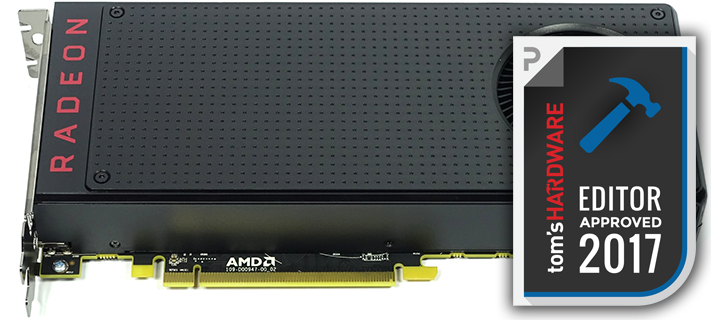
Asus RX 480 Strix
Reasons to buy
Reasons to avoid
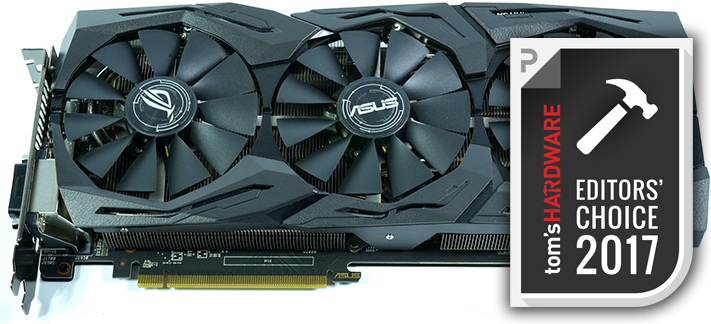
HIS RX 480 IceQ X² Roaring Turbo
Reasons to buy
Reasons to avoid
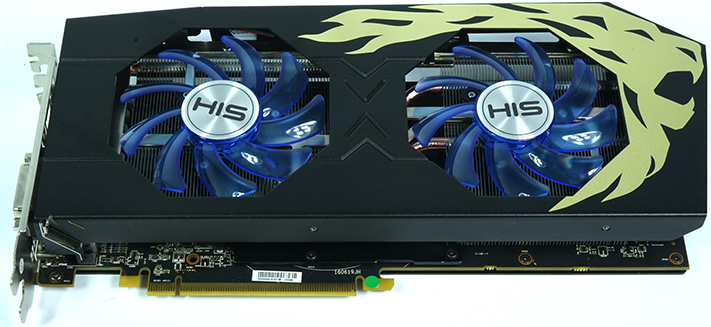
MSI RX480 Gaming X 8G
Reasons to buy
Reasons to avoid
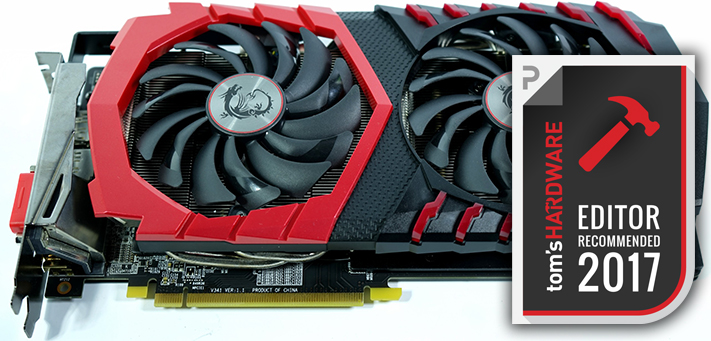
Sapphire RX480 Nitro+
Reasons to buy
Reasons to avoid
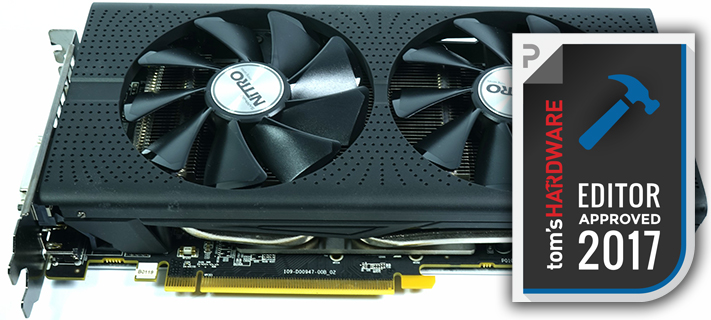
MORE: Best Deals
MORE: Nvidia GeForce GTX 1080 Roundup
MORE: Nvidia GeForce GTX 1070 Roundup
Get Tom's Hardware's best news and in-depth reviews, straight to your inbox.

Igor Wallossek wrote a wide variety of hardware articles for Tom's Hardware, with a strong focus on technical analysis and in-depth reviews. His contributions have spanned a broad spectrum of PC components, including GPUs, CPUs, workstations, and PC builds. His insightful articles provide readers with detailed knowledge to make informed decisions in the ever-evolving tech landscape
-
alchemy69 Not sure where you found a reference card for $180 but it sure as Hell wasn't Amazon.Reply -
artk2219 You can find them on Newegg for around that much pretty often. Also the R9 Fury is a hell of a mixed bag, Some games its matching a 1070, others its below the 480. Weird.Reply -
techy1966 I only ask because I have 2 390x cards and I get way better results than yours does here and yes with crossfire off mine is getting better results granted it is overclocked @1236mhz. Heck I just played watch dog 2 single card mode and got always above 60 fps here that card is getting 45 fps..just saying is all. Nice write up though. Just noticed GTA numbers as well and was WTH why is their 390x card sucking so much must be old old drivers I 'm sorry but even with crossfire off my numbers at 1080p are way higher maxed out. I do know I can beat a 480 in everything and slaughter it in crossfire will Vega ever get here already or do I have to slide over to the green team lol.Reply -
shrapnel_indie HIS has been missing from the U.S. Market for a few years now. As to noise, Yes we can measure it, and determine a loudness level, but tolerance is dependent on the individual as always. I still question the price links used as some are unrealistically high compared to the market Amazon competes in (Mail-Order.)Reply
Was the latest driver used? Was the BIOS updated in every card? -
digitalgriffin I am a bit perplexed as to why you love the ASUS Strix so much with a 6 pin power connector. Either it's pulling too much power over the PEG, or pulling too much power over the 6 pin. It really needs an 8 pin connector to stay in spec.Reply -
blppt "Also the R9 Fury is a hell of a mixed bag, Some games its matching a 1070, others its below the 480. Weird."Reply
The newest generation AMD cards (Polaris) are apparently designed to handle heavy Tessellation better than previous gens, so my guess is that would be the circumstances in which the RX480 beats the Fury. I would say it was the extra 4GB of frame buffer space, but we've seen that the HBM often negates that RAM shortage in many benchmarks. -
NewbieGeek Hmm. Interesting article. Personally never had temperature issues with my Sapphire Nitro rx 480 8gb. Maybe Tom's is defective? Mine runs at 1330mhz core 2020mhz ram without drops, even during intense gaming... And I've got a custom fan curve making the card quieter than stock...Reply
